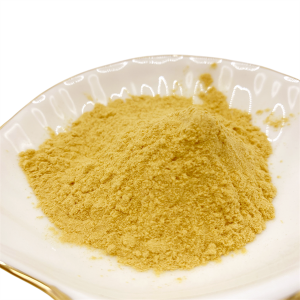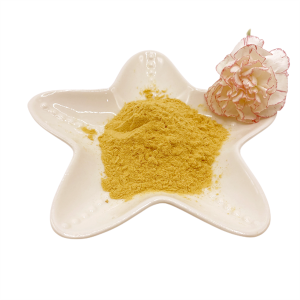Please see the other points:
Induction of secondary metabolites:
 |
Chitosan can promote the production of secondary metabolites such as phenolics and flavonoids, which have antimicrobial properties and contribute to the defense of plants. |
Signaling pathways:
Chitosan can activate various signaling pathways, including those involving salicylic acid, jasmonic acid, and ethylene, which are critical for regulating plant defense responses.
Microbial Interaction:
| Chitosan can also affect the rhizosphere microbiome, promoting beneficial microorganisms to defeat or inhibit pathogens, thereby enhancing plant health and resistance. |  |
Direct antimicrobial activity:
In some cases, chitosan itself exhibits direct antimicrobial properties, which can help reduce the pathogen load on plant surfaces.
Overall, the application of chitosan as a treatment can enhance plant resistance in many ways, making it a valuable tool in sustainable agriculture and plant protection strategies.
For more information, please feel free to contact us:Info@g-teck.net
Post time: Feb-14-2025




